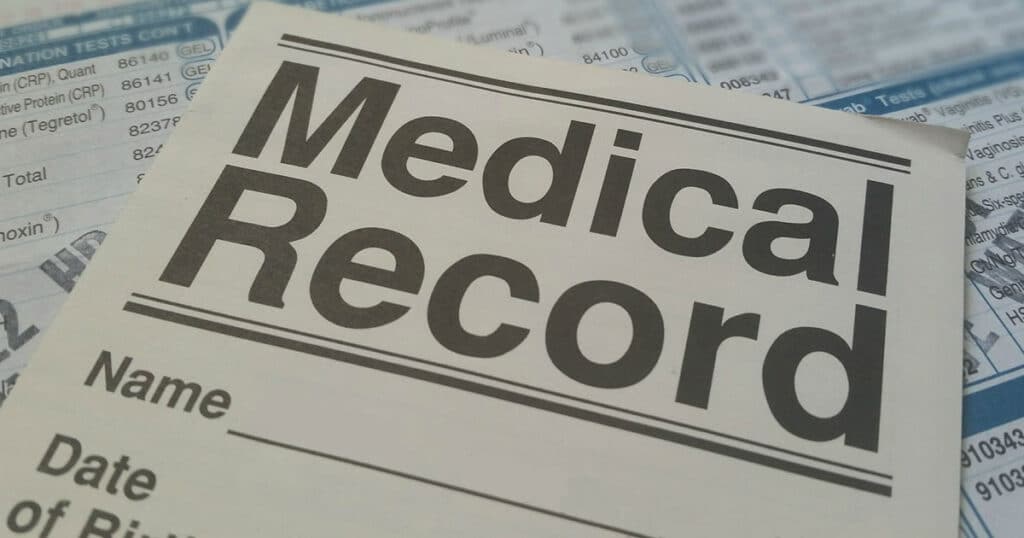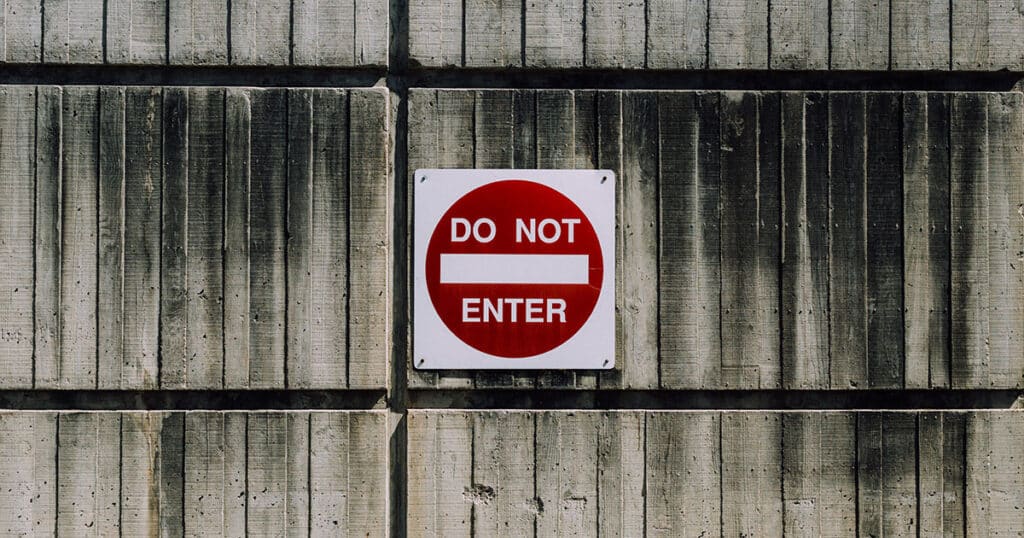Applying for SSDI
Home » Applying for SSDI
Individuals with mental and/or physical conditions (impairments) that prevent them from sustaining work may be eligible for Social Security Disability Insurance (SSDI) benefits.
This social security disability benefit (SSDI) can prove invaluable for those who are unable to sustain full-time work because of their medical conditions; however, the SSDI application process is often long, complicated and difficult.
Disability advocacy groups such as Citizens Disability can help disabled individuals navigate the system, apply for SSDI and receive the benefits they deserve. Learning more about each stage of the application process makes it easier for applicants to present a strong, effective case.
Applying for SSDI with Citizens Disability on your side will help your chances.
Step 1: The Initial SSDI Application
Applying for SSDI starts by filing an Initial SSDI Application. To do this you will need to provide your conditions, your symptoms, your limitations, your medical history since you became sick, and your work history for the past 15 years. Gathering this information prior to starting the SSDI application process makes things go more smoothly. Remember, in order to be eligible for disability benefits like SSDI & SSI you need to prove that you cannot sustain a job – which means consistently working an 8 hour day, 5 days per week.
Step 2: Reconsideration
Applicants have the right to appeal their case if their initial disability benefits claim for SSDI or SSI is denied. This is called a Request for Reconsideration. This appeal must be submitted to the Social Security Administration within 60 days of the date of the denial. In most states, appealing the initial denial results in the SSA reconsidering the earlier denial. If the reconsideration is denied, applicants can request a hearing before an Administrative Law Judge (ALJ).
Step 3: The Hearing
Hearings before an ALJ can be intimidating without the help of an advocate. Having an experienced social security disability benefits advocate can greatly improve your chances of having your disability benefits claim for SSDI or SSI approved. Advocates will collect and submit medical records on your behalf, write a comprehensive pre-hearing memorandum outlining your conditions and limitations, and make arguments as to why you should be approved for disability benefits based on the SSA’s rules and regulations.
The Appeals Process
If your social security disability benefits claim is denied after the ALJ hearing, you have the right to appeal to the Social Security Administration’s Appeals Council. While each request for review is considered, only 20% of disability benefit requests are granted.
If the Appeals Council chooses not to grant the request for a review, or if the results of the review are unfavorable, you can file a civil action in Federal District Court. You may also be able to submit a new application.
Getting Qualified Help Improves Your SSDI Application Dramatically
It’s clear that the SSDI application process isn’t always easy; however, applicants don’t need to handle their disability benefits case on their own. To get started before applying for SSDI, first take our short quiz to see if you might qualify for SSDI, or call us directly at 1-781-926-3489 for more information on the application process and eligibility requirements.
More Important Information about The Application Process
Other Applying For SSDI FAQs:
- Do I need an advocate from Citizens Disability to help with my application?
- Does this process take as long as I’ve heard about?
- What is the “Compassionate Allowance” for SSDI?
- Can I receive both Medicare and Social Security disability benefits?
- Do I receive compensation while I wait for my approval?
- If I am denied, should I reapply?
- Are there any costs to me during the appeals process?
- What is Form SSA-827?
- What is Form SSA-1696?
Learn More About Applying for SSDI In Your State:
Applying for SSDI Benefits in Alabama
Applying for SSDI Benefits in Alaska
Applying for SSDI Benefits in Arizona
Applying for SSDI Benefits in Arkansas
Applying for SSDI Benefits in California
Applying for SSDI Benefits in Colorado
Applying for SSDI Benefits in Connecticut
Applying for SSDI Benefits in Delaware
Applying for SSDI Benefits in Florida
Applying for SSDI Benefits in Georgia
Applying for SSDI Benefits in Hawaii
Applying for SSDI Benefits in Idaho
Applying for SSDI Benefits in Illinois
Applying for SSDI Benefits in Indiana
Applying for SSDI Benefits in Iowa
Applying for SSDI Benefits in Kansas
Applying for SSDI Benefits in Kentucky
Applying for SSDI Benefits in Louisiana
Applying for SSDI Benefits in Maine
Applying for SSDI Benefits in Maryland
Applying for SSDI Benefits in Massachusetts
Applying for SSDI Benefits in Michigan
Applying for SSDI Benefits in Minnesota
Applying for SSDI Benefits in Mississippi
Applying for SSDI Benefits in Missouri
Applying for SSDI Benefits in Montana
Applying for SSDI Benefits in Nebraska
Applying for SSDI Benefits in Nevada
Applying for SSDI Benefits in New Hampshire
Applying for SSDI Benefits in New Jersey
Applying for SSDI Benefits in New Mexico
Applying for SSDI Benefits in New York
Applying for SSDI Benefits in North Carolina
Applying for SSDI Benefits in North Dakota
Applying for SSDI Benefits in Ohio
Applying for SSDI Benefits in Oklahoma
Applying for SSDI Benefits in Oregon
Applying for SSDI Benefits in Pennsylvania
Applying for SSDI Benefits in Rhode Island
Applying for SSDI Benefits in South Carolina
Applying for SSDI Benefits in South Dakota
Applying for SSDI Benefits in Tennessee
Applying for SSDI Benefits in Texas
Applying for SSDI Benefits in Utah
Applying for SSDI Benefits in Vermont
Applying for SSDI Benefits in Virginia
Applying for SSDI Benefits in Washington
Applying for SSDI Benefits in Washington DC
Applying for SSDI Benefits in West Virginia
Applying for SSDI Benefits in Wisconsin
Applying for SSDI Benefits in Wyoming
It is easy to get started.
It is easy to get started. No upfront costs – You only pay if we win!
Oops! We could not locate your form.









